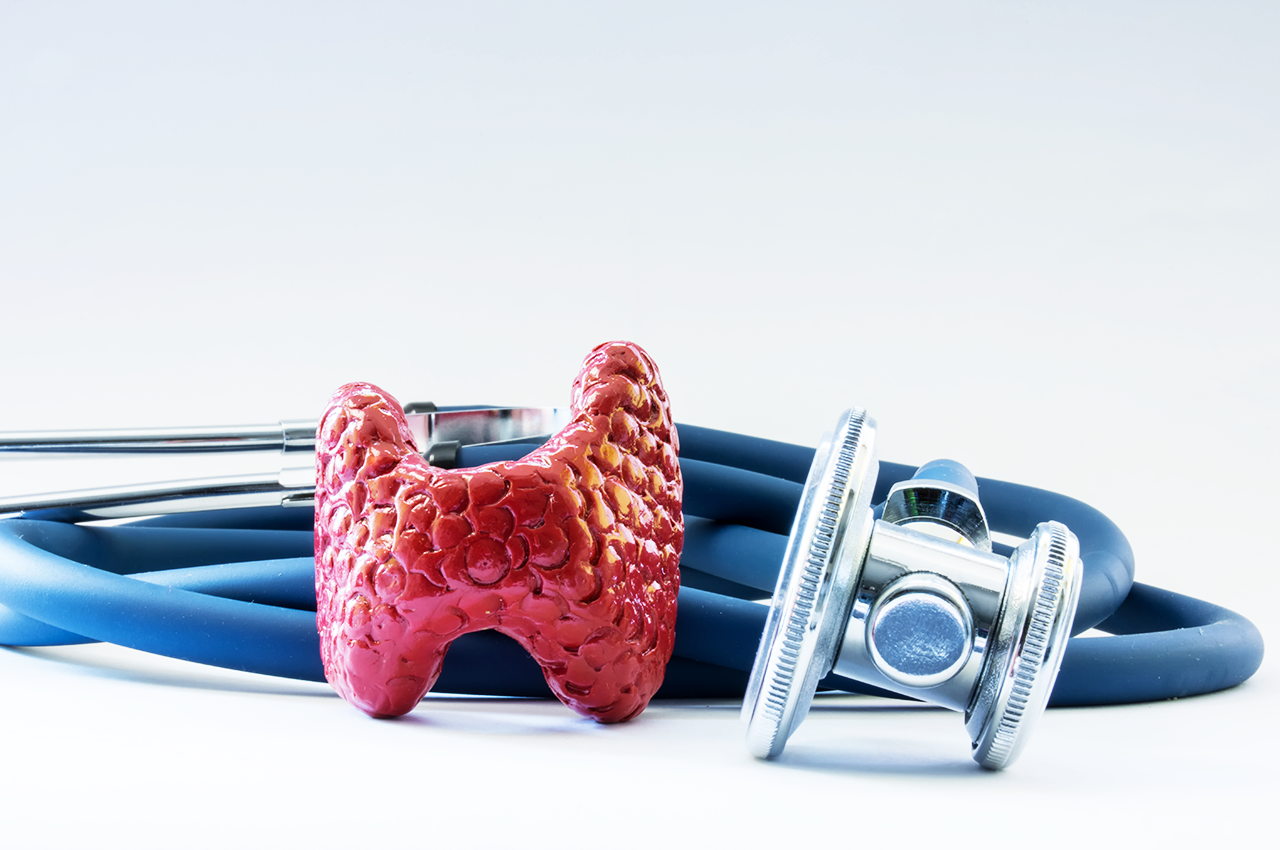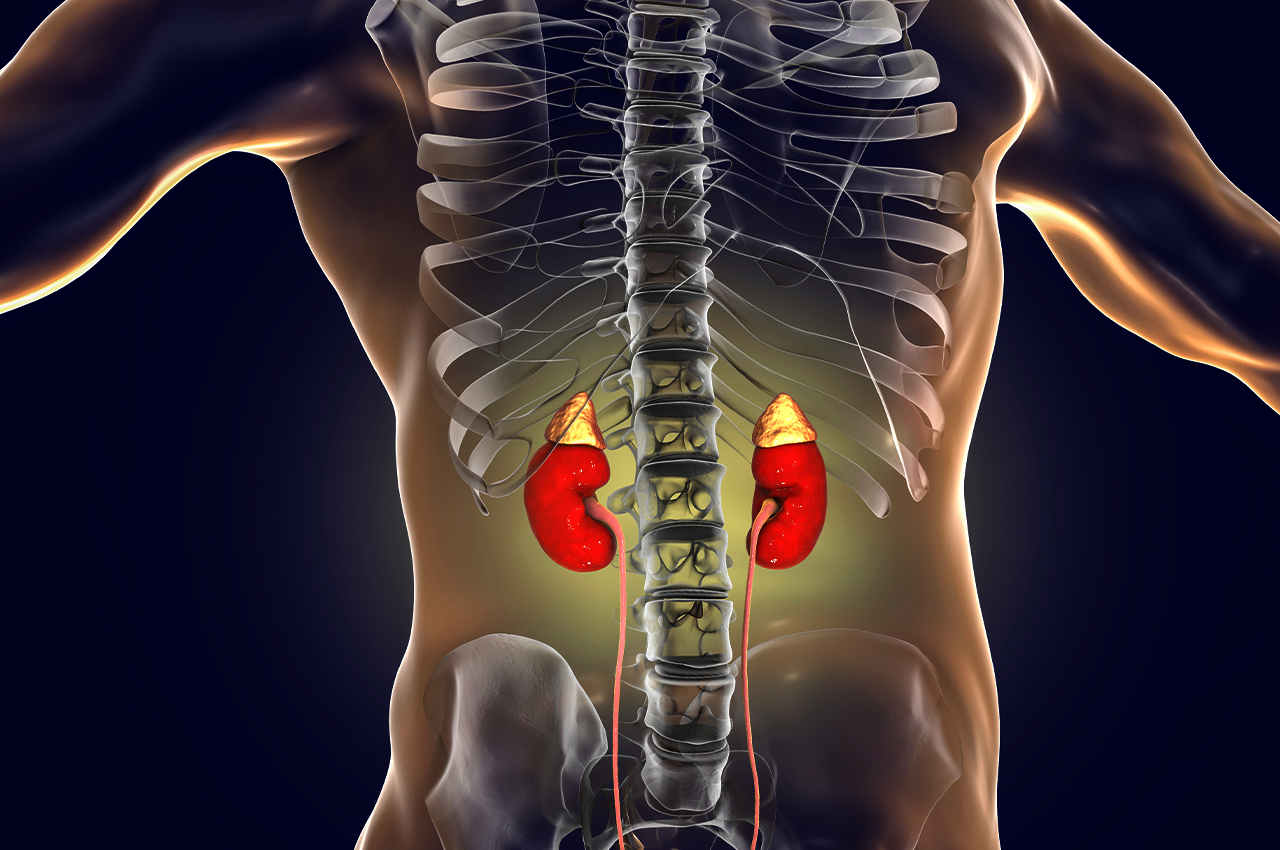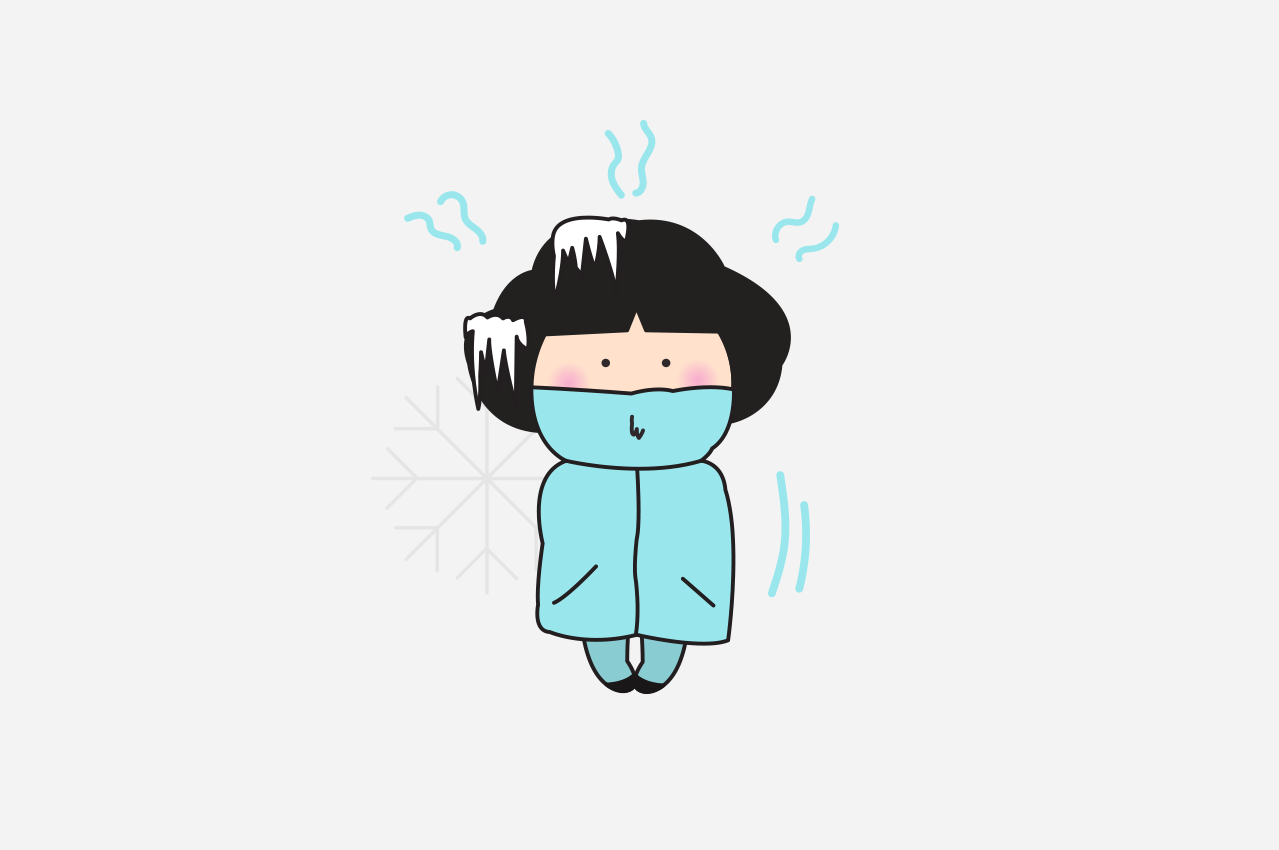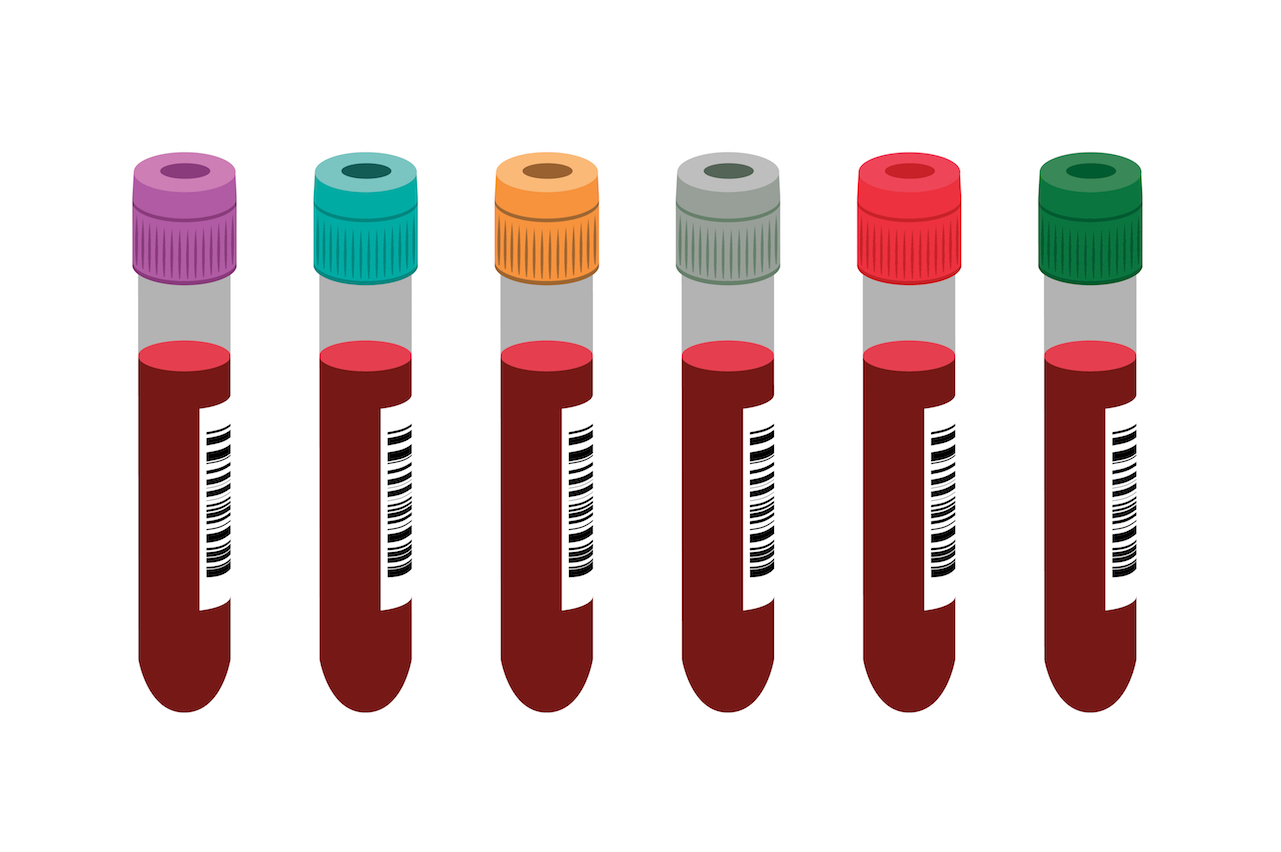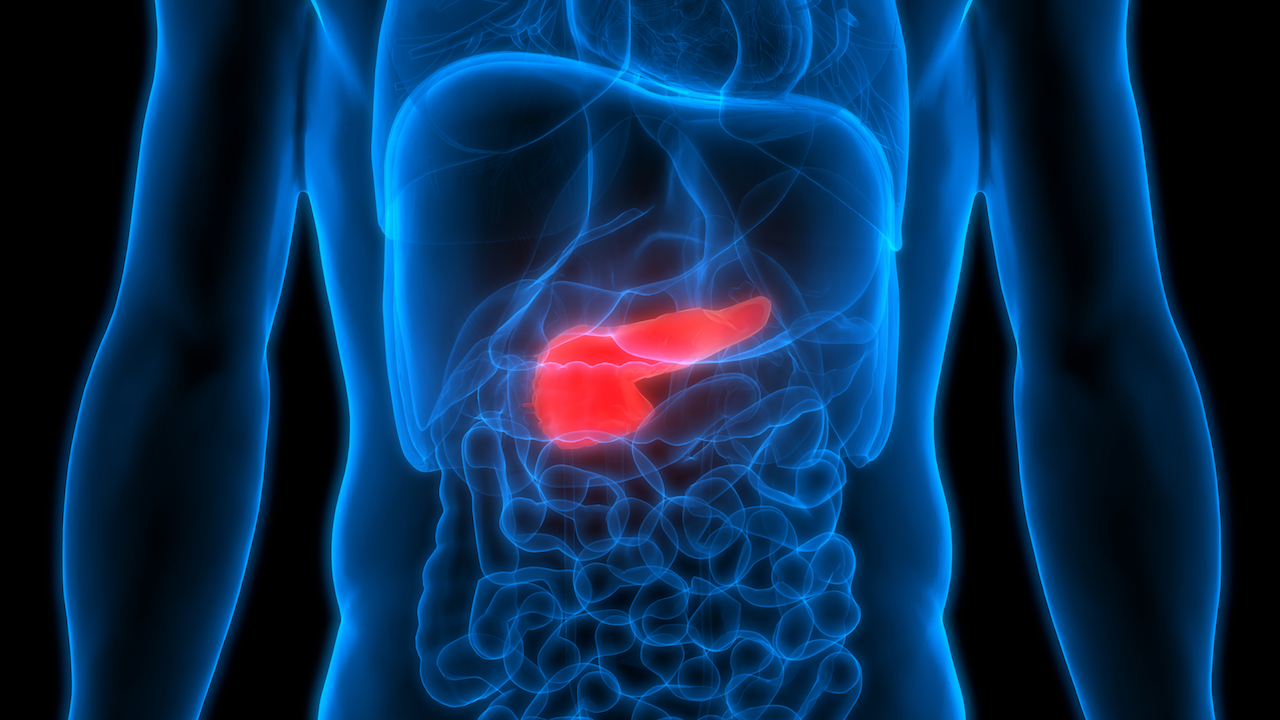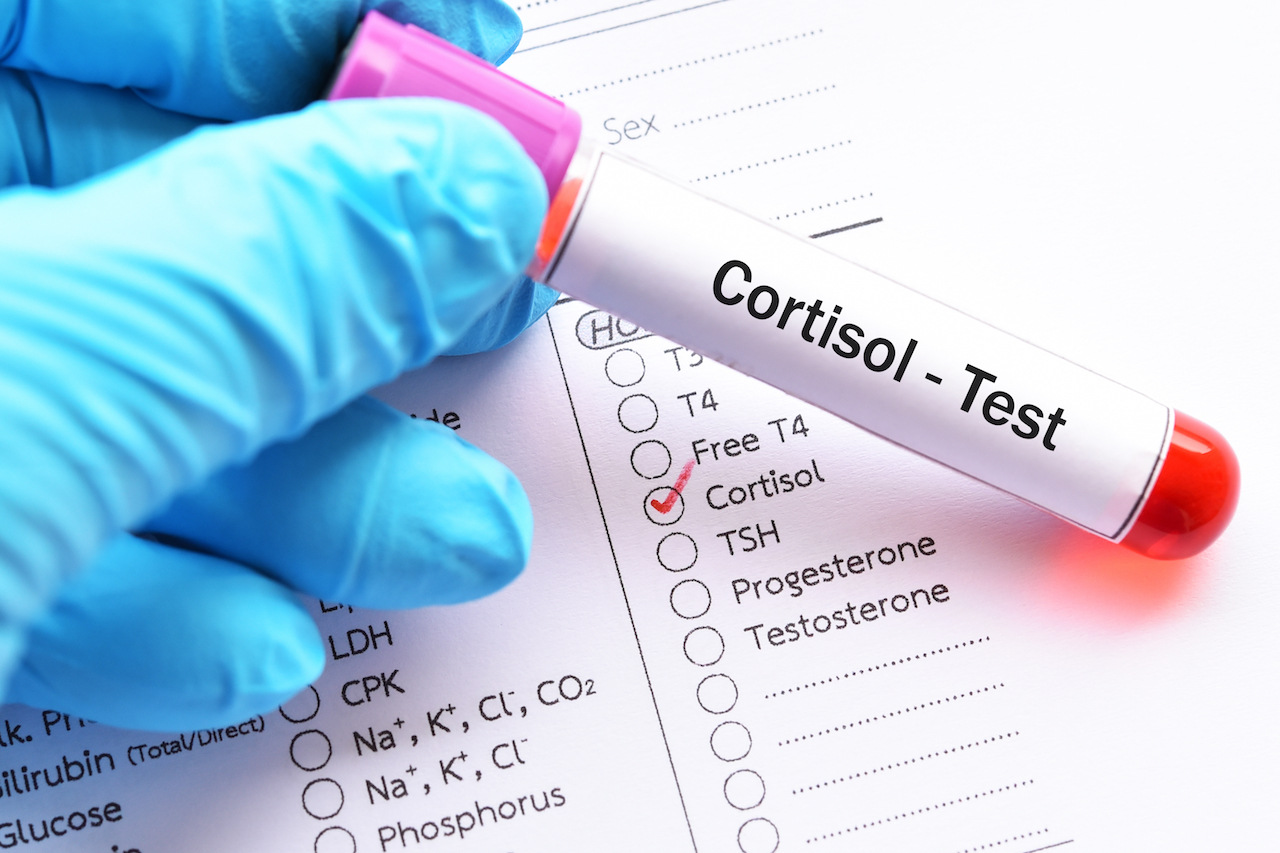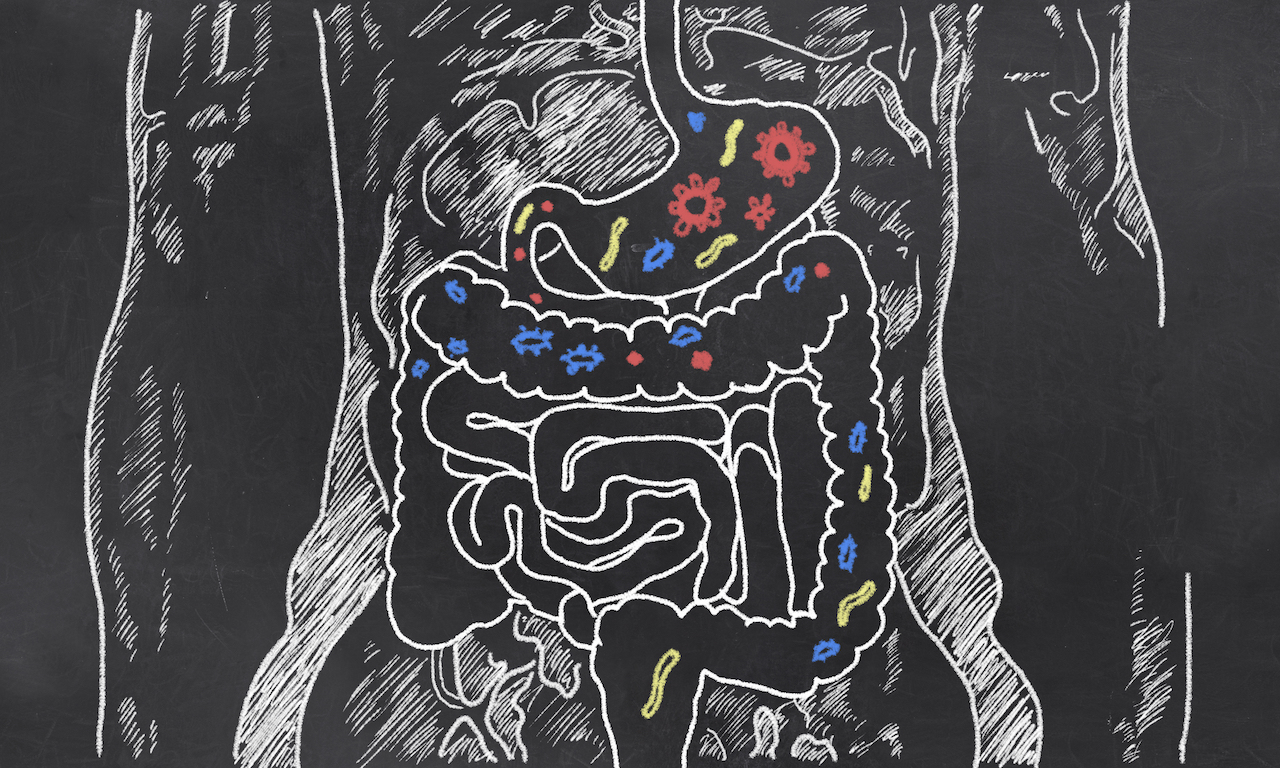Sex. A powerful force that can topple empires, ruin marriages or even lead to death.
On the other hand, it is only through sex that the human race continues to survive. It is an important way to feel a sense of connection, belonging and love.
What is it about sex that can bring out the best and worst in us? And how can we be mindful and nurture our sexuality in healthy ways? To understand that better, it’s a good idea to understand how sex affects both mind and body:
This is your brain on sex
Have you ever shot up heroin? (Hopefully not!) Well, according to researchers at the University Medical Center Groningen, sex can give you a rush similar to a hit of heroin! During orgasm, the cerebellar parts of the brain, where the rewards system is located, is activated.
There are other parts of the brain that are also “turned on” (excuse the pun) which include the prefrontal cortex, insula, singulate gyrus and orbitofrontal cortex. These brain regions process emotions, pain, metabolic processes as well as decision-making.
According to their studies, the brain responds to sex, in the same way it responds to music and dance. Activating these specific regions can lead to trance-like states, affect how you choose a partner, and how you bond with others.
Top Tip:
When did you and your partner last have an evening of dancing? No need to hit the club, stay socially distanced at home! Put on some of your favourite tunes, dim the lights and spend the evening in each other’s arms. As relationships evolve, the sexual chemistry often wanes. Why not let the beat of the music and movement of the dancing reignite the spark? Even if it doesn’t lead to sex, it will still have a similar effect on your brain, your emotions and your feelings of connection.
Sex and your hormones
Oxytocin is also known as the love hormone. Mothers secrete it during childbirth, helping them to feel bonded, connected and love for their newborn baby.
This hormone is also secreted during sex, which is why you can often feel trusting of your sexual partners. You may even find yourself sharing secrets with your partner that you live to regret later!
Top Tip:
One of the many dangers with a one-night-stand, is how oxytocin makes you vulnerable to trusting a stranger. You may all have seen the spy-movies, where the agent uses sex to extract secret information from her target? Don’t let this powerful hormone trick you into trusting someone until you’ve built a solid foundation in your relationship!
Sex and your immunity
A study at Wilkes University in Pennsylvania found that students who had sex more often, had fewer sick days than those who’s sex lives were less active. This makes perfect sense. Sex stimulates the release of an anti-body that increases your immunity .
Top Tip:
Having a dry spell in your sex-life? No need to worry: there are tons of other habits that can support your immunity. One habit that is currently taking the world by storm, is cold exposure. By simply taking a cold shower every day, or taking a dip in a cold pool, you stimulate your thyroid gland, which releases immune cells to protect you from all kinds of disease. Apart from disease protection, cold exposure may also help with improving mood, focus, resilience and creating a sense of calm and focus in your day.
Sex and relationships
Since sex has so many benefits, will not having sex negatively impact your health? Luckily, the answer is a resounding “No!”. Unlike eating, drinking and sleeping, sex is not an essential need. In fact, we all know the risks associated with unprotected sex! The good news is that you won’t die or get sick from not having sex.
What you do need, though, is emotional connection. In fact, studies have shown that being socially isolated is more harmful to your health than smoking or alcoholism. The problem, though, is that some use sex to fulfill an emotional need. Sex or pornography can act like a short-cut to help you feel less lonely. But it often has the opposite effect. Just like junk-food, it can give you a sudden hormonal rush of pleasure, but leave you feeling depleted and worse-off for it in the long run.
Top Tip:
If you feel the need for sex, why not slow down and check-in with yourself first? Ask yourself: How do I feel right now? Is it possible that I may be feeling mad, sad, worried, or tired – and that I’m reaching for sex as a coping-mechanism? Do I have close friends or family I can reach out to for support, and simply share how it’s going with me? What other relationships and activities can make me feel more connected, supported and cared for?
Mindful Sexuality
For all the ecstasy that sex can offer you, it can also be a dangerous force. Your sexuality is a core part of who you are, and affects your mind, body, health, relationships and overall well-being. In this month of love, why not allow yourself to be more mindful with your sexuality? Make February a month where you cultivate a healthy, wholesome sexual life: both for your own benefit, and those around you!
Resources:
- Is sex taking over your life? Find support here: https://saa-recovery.org/
- Looking for connection and friendship, rather than a one-night stand? Try MeetUp https://www.meetup.com/apps/ or Bumble: https://bumble.com/en/.


